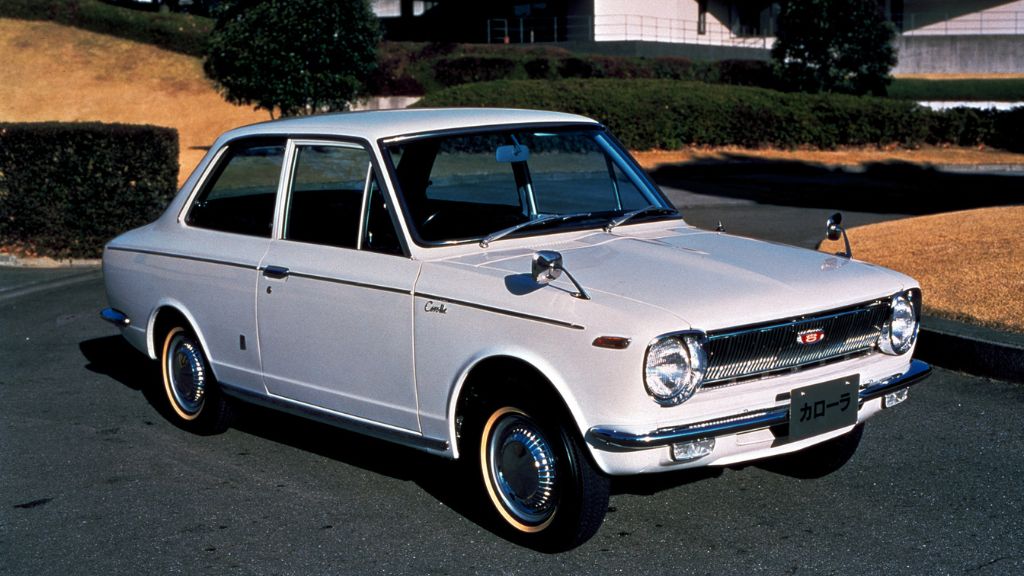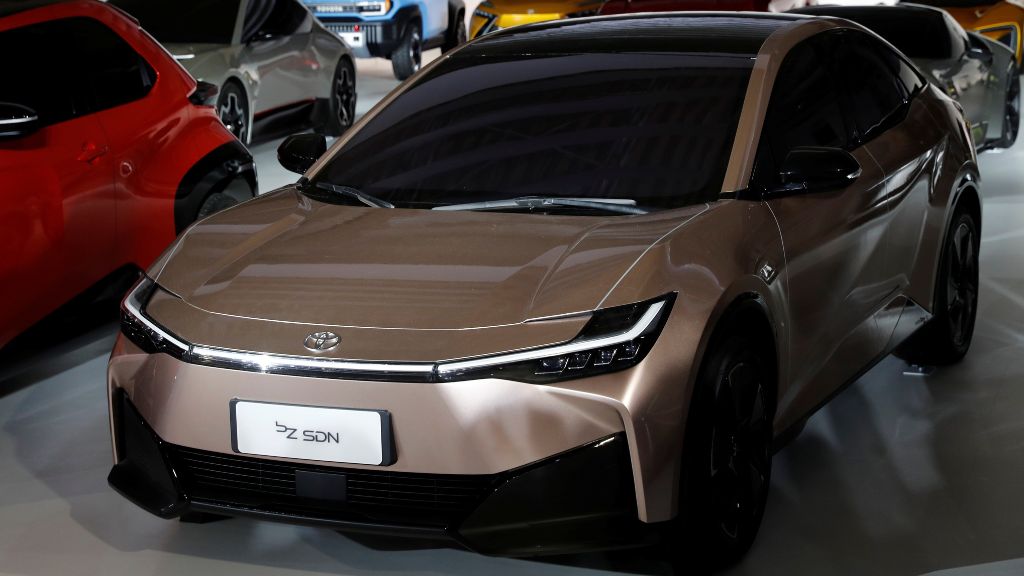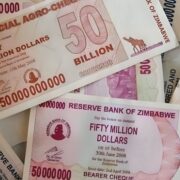| বাংলায় পড়ুন | Researchers and Reporters: Shama Sultana Isfaqul Kabir |
One of the most often mentioned names in the worldwide auto business is Toyota. Toyota was once a tiny automaker in Japan, but it is now the biggest and most reputable automaker worldwide. Toyota’s journey started in the tumultuous years of World War II. Nevertheless, consumers now trust Toyota. The popularity of Toyota vehicles is likewise at its highest point in Bangladesh. How did this business grow to be so large, though? What is the source of their accomplishment? Let’s read this article to learn about their achievements and their influence on Bangladesh.
The Inspirational Story of Toyota
Toyota’s beginnings were somewhat different. In 1933, Kiichiro Toyoda, a Japanese inventor, intended to use his textile business to produce automobiles. The “AA Sedan” was Toyota’s first passenger car model, produced in 1936. They showed off their technological skills with this automobile. Toyoda Motor Company became an independent business in 1937. The company’s name was changed from “Toyota” to “Toyoda” in Japanese at that time. After producing military vehicles during World War II, Toyota promptly turned its attention back to producing passenger cars. The “Toyota Corolla” entered the market in 1966 and continues to be the best-selling automobile worldwide.

In 1936, Toyota first introduced their passenger car model ‘AA Sedan.’ | Photo collected.
Journey to Global Success
Toyota has operations in over 170 countries at present time. Toyota sells cars all over the world for about 46.4 trillion yen (US$315 billion) a year. At the moment, Toyota Motor Corporation has its production facilities spread across 67 nations and regions. Toyota now has about 330,000 employees as a result. Toyota is well-known for its “just-in-time” manufacturing approach and high-quality automobiles, which help it stay one step ahead of its competitors worldwide. The “Toyota Prius,” on the other hand, is the first hybrid vehicle to achieve commercial success. For other automakers, this hybrid car’s technology has come to represent environmentally friendly mobility.
Toyota’s Impact on the Japanese Economy
In the Japanese economy, Toyota is among the most trusted names. More than 2 percent of Japan’s GDP comes from it. The corporation is a significant contributor to Japan’s international trade and a big employer in the area. Furthermore, Japan’s engineering sector has been reinforced by Toyota’s global activities and cutting-edge technologies. Toyota’s foreign exchange earnings and yearly revenue are contributing to the advancement of the Japanese economy towards sustainable growth. Furthermore, Toyota is particularly important in fostering trust in Japan. People typically think of Japan as the home of amazing technological production and high-end automobiles.

Toyota’s significant impact on Japan’s economy, playing a crucial role in the country’s industrial and export development. | Photo collected.
Arrival and Popularity of Toyota in Bangladesh
In the 1980s, Toyota established itself in Bangladesh. It steadily gained popularity as an automobile brand. In particular, there is a high demand among Bangladeshis for old automobiles from Japan. Consequently, the market for used cars has been able to take the lead. The most sought-after models of these vehicles are the Premio, Corolla, and Allion. Toyota automobiles are preferred among Bangladeshis due to their high-quality features, cheap maintenance costs, and longevity.
Toyota’s future goals
Toyota wants to achieve carbon neutrality by 2050. According to Koji Sato, president of the corporation, the company is making significant investments in hybrid and electric car technologies and intends to introduce 10 new electric vehicles by 2026. Another goal is to sell 1.5 million electric cars annually. Apart from developing hydrogen-powered engines, Toyota is taking steps to establish a network of intelligent charging stations. Sato stated, “Our goal is not just carbon neutrality, but to bring positive change to society through cars.”

Toyota’s future plans, emphasizing innovative technologies and sustainable development. | Photo collected.
Toyota is currently leading the automotive sector and tackling global issues like job creation and environmental conservation. People love and trust Toyota not just for its products but also for its values, as evidenced by its acceptance in many nations, including Bangladesh.





























Comments